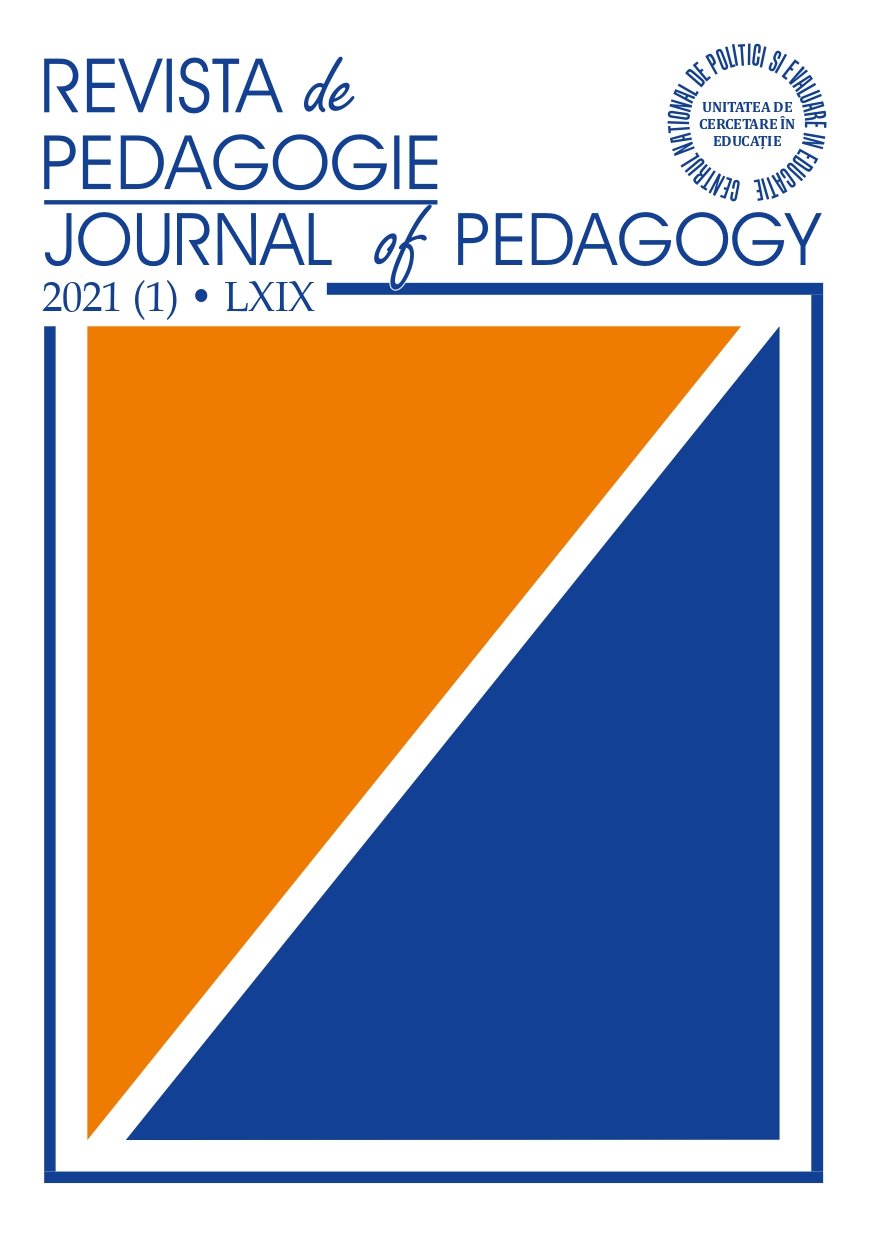ÎNVĂŢAREA COLABORATIVĂ ÎN CADRUL UNEI CERCETĂRI ACŢIUNE DEZVOLTATĂ PENTRU A RĂSPUNDE PROVOCĂRILOR IMPUSE DE ȘCOALA ONLINE
COLLABORATIVE LEARNING IN AN ACTION RESEARCH PROJECT RESPONDING TO CHALLENGES OF ONLINE EDUCATION DURING THE COVID-19 PANDEMIC
Author(s): Leyla Safta-Zecheria, Sebastian Stefaniga, Ioana Alexandra Negru, Francisca-Hortensia Virag, Anca MărgineanuSubject(s): Social Sciences, Education
Published by: Institutul de Științe ale Educației
Keywords: action-research; collaborative learning; digital competences; remote teaching in times of crisis;
Summary/Abstract: The measures put in place to stop the spread of the Covid-19 have had a major impact on the organization of educational processes. School teachers have been faced with overnight digitalization of their activities without always receiving adequate support with this transition. The present paper reports on a participatory action research project in the form of a tutoring program that sought to understand and respond to these challenges. The project took the form of an open learning initiative addressed to teachers in April – June 2020, followed by a data collection and analysis phase. 37 teachers in four Romanian counties benefited from personalized forms of support offered by 20 student- tutors enrolled in the Educational Sciences Department at the West University in Timişoara. All project activities were carried out at a distance, in the vast majority of cases, online. In analyzing the data produced by the project (tutor reflection log entries, qualitative interviews and focus groups with teachers and tutor students) we seek to answer the following research question: How did a collaborative learning process emerge as part of a participatory action research project carried out during the onset of online teaching and learning practices?. The collaborative learning responded to teachers’ immediate and individual needs regarding the development of digital competences, as well as related to pedagogical and emotional support. Through the tutoring program, the expected roles of the educational actors were reversed: since the undergraduate students were not primarily beneficiaries of the educational processes, but took on an active part as facilitators of the teachers’ learning processes. Thus, a competence transfer from the university to the pre- university environment took place, at a faster rate than it would usually happen.
Journal: Revista de Pedagogie
- Issue Year: LXIX/2021
- Issue No: 1
- Page Range: 7-29
- Page Count: 24
- Language: English, Romanian

